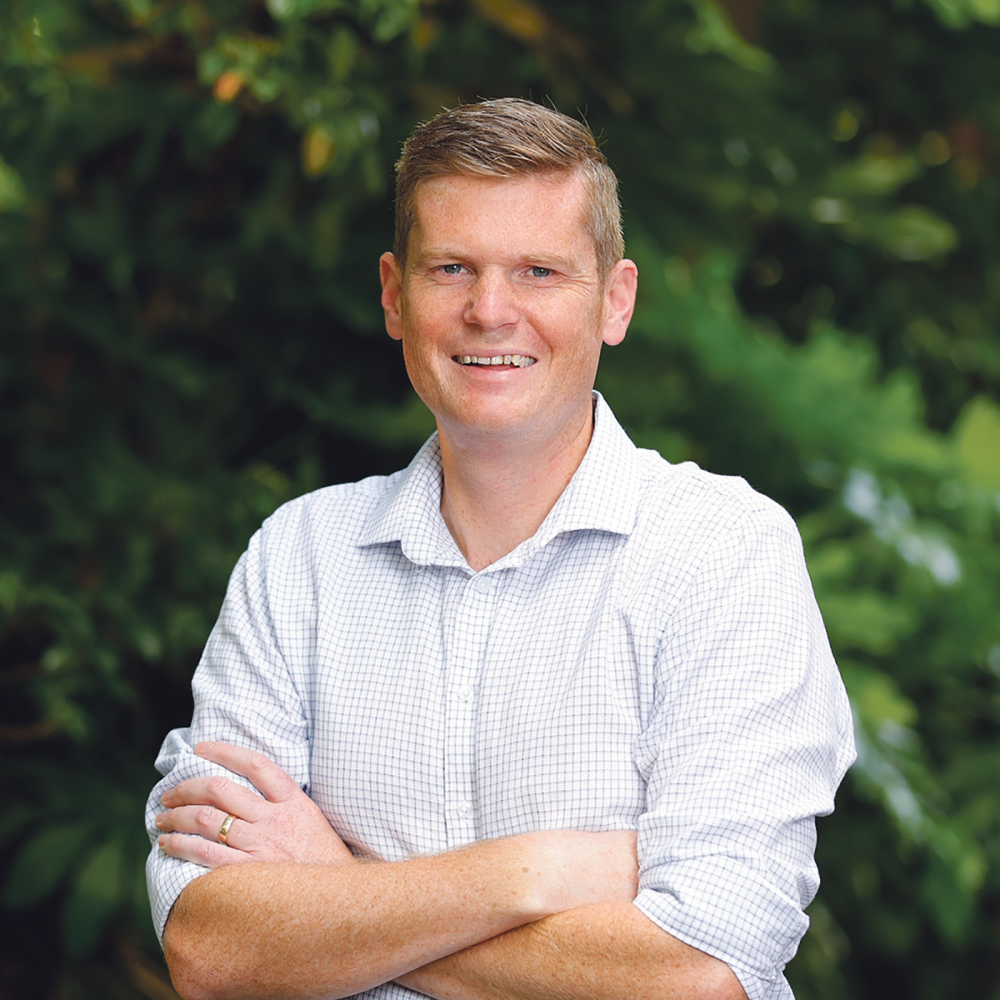
School principals in Ōtaki have joined others in Kāpiti to voice concerns in response to a recent column by Ōtaki MP Tim Costley about maths achievement.

Ōtaki MP Tim Costley – local principals have pushed back on his claims about maths achievement in schools.
The column in Ōtaki Today and Kāpiti News led to educators saying his depiction of a “total system failure” in education was misleading and risked eroding trust between schools, families and the community.
“Mr Costley’s article paints an unnecessarily bleak picture of our education system,” a statement from the group of principals said. “He cites data suggesting that only 22 percent of Year 8 students are meeting expected standards in maths, but this interpretation lacks both international and national context.”
The principals – who include Ōtaki’s Andy Fraser (Ōtaki College), Maine Curtis (Waitohu School), Rauru Walker (Ōtaki School) and Allie McHugo (Te Horo School) – pointed to the latest OECD PISA report from 2022, which shows that 71 percent of New Zealand students achieved at least level 2 proficiency in mathematics.
“New Zealand placed in the top third of 81 countries, well above the OECD average,” the statement said. “This is a significant achievement, especially considering that our education system is funded in the bottom third of OECD countries.”
The principals also criticised the MP for using preliminary data from an unfinished and unimplemented mathematics curriculum.
“Using this data in the way Mr Costley has is disingenuous and deliberately misleading.”
Tim, however, told Ōtaki Today children in school were facing huge challenges.
“It’s not just maths where they struggle to meet the standard, it’s reading and writing, too,” he said. “As I said in that column: ‘This is not the fault of teachers or students. And much as the last government didn’t help things, this issue is bigger than politics. This is the product of years of drift and decay by a system that has become utterly distracted from the values we all care about: achievement, opportunity and success’.
“It doesn’t matter if you accept the most recent study showing four out of five 12 year-olds are falling behind, or if you accept the previous one (which I haven’t seen disputed) which shows three out of five are falling behind; either way we face an uphill battle.”
He said the point of his column was not the exact number, but how his government was addressing this.
“I outlined three key points: accelerating a new curriculum; targeted professional development; taking assessment and support for our children seriously. We can disagree on the numbers, but the focus should be on improving performance and that’s what my column was all about.”
The principals say the real issue facing New Zealand’s education system is the widening gap between the highest and lowest achievers, which affects both literacy and maths. They argue that addressing this equity gap requires further investment in the education system, including the provision of learning support coordinators, teacher aides, smaller class sizes, and ongoing professional development for teachers.
“There is an urgent need for a comprehensive plan to provide and train specialist staff in areas such as trauma, anxiety behaviour management, dyslexia, dyspraxia and autism,” the principals said. “If we are ever to lift the achievement of struggling students, these supports are crucial.”
The group also highlighted the pressing shortage of qualified teachers, noting that the lack of relievers poses a significant risk to maintaining quality education.
“We need more teachers, and making teaching an attractive career option for school leavers is essential. This requires a positive campaign endorsed by community and political leaders.”
While acknowledging that there is room for improvement, the principals say the situation in schools is far more positive than Tim’s column suggested. They called for any changes to the curriculum or assessment processes to be made in partnership with educators who know the students best.
“We are ready to work collaboratively with the government to ensure that every child in Aotearoa New Zealand receives the best possible education,” the statement said. “But this must be based on accurate information, trust, and a shared commitment to the well-being and success of all our tamariki.”
Tim said he had invited all principals from the electorate to meet with him and Education Minister Erica Stanford on September 4.
OTHER STORIES


